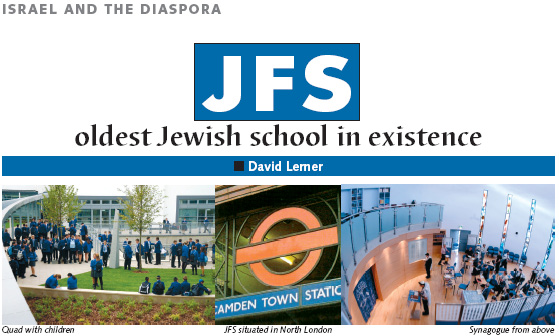How Has the United States Avoided Wars of Religion?
 Among western nations, the United States is unusual for its levels of religious belief and participation. The United States is also unusual for its cultural diversity, including its diversity of religious affiliations. So, given this potentially combustible mix of strong beliefs and diversity of beliefs, how has the United States managed to avoid sustained, large-scale religious violence?
Among western nations, the United States is unusual for its levels of religious belief and participation. The United States is also unusual for its cultural diversity, including its diversity of religious affiliations. So, given this potentially combustible mix of strong beliefs and diversity of beliefs, how has the United States managed to avoid sustained, large-scale religious violence?
That is the question that motivates Scott Idleman’s newest paper on SSRN, entitled “A Legal Perspective on Conflicts Involving Religious Communities.” More specifically, Scott is interested in the ways that the legal culture of the United States has helped to “prevent conflicts involving religious and other communities and even foster healthy relations among these communities.” Here is the abstract:
Within any given state or society, numerous factors can influence both relations among religious communities and relations between these communities and other institutions or value systems, including scientific communities, schools of economic or legal thought, and various ideological or political movements. Though some of these factors obviously arise from within the beliefs and structures of the religions themselves, many arise from the history, political culture, and legal framework of the state or society in which a given religious community is situated. This paper discusses the potential role of law and the legal system in influencing these relations and addressing conflicts among these communities and institutions. After explaining in general terms the relevance of a legal perspective to the assessment and resolution of such disagreements, the paper specifically examines characteristics of the constitutional framework and political culture of the United States that appear to prevent or minimize conflicts involving religious communities.

 There has been a fair amount of commentary regarding a decision of the Supreme Court of the United Kingdom (formerly the Lords of Appeal in Ordinary and part of the House of Lords) in a matter called
There has been a fair amount of commentary regarding a decision of the Supreme Court of the United Kingdom (formerly the Lords of Appeal in Ordinary and part of the House of Lords) in a matter called